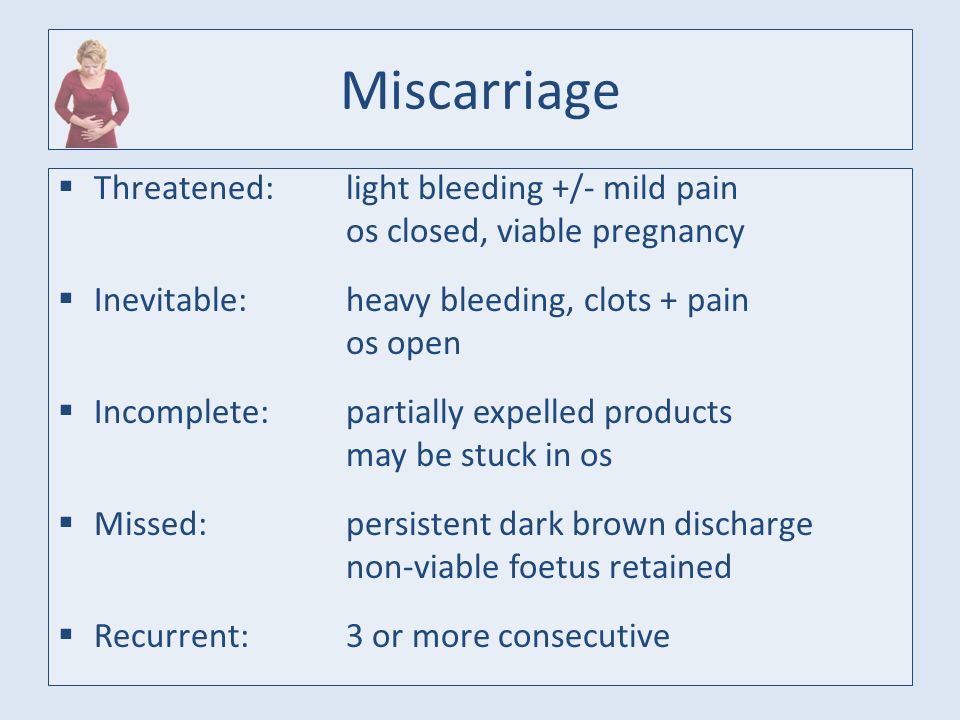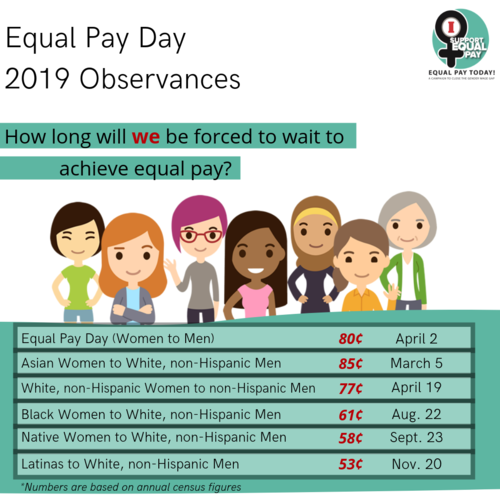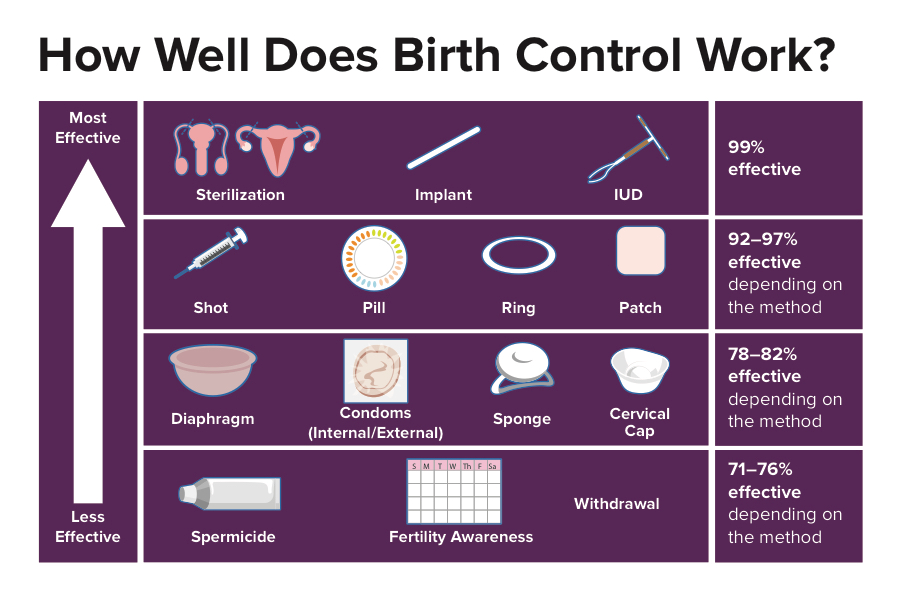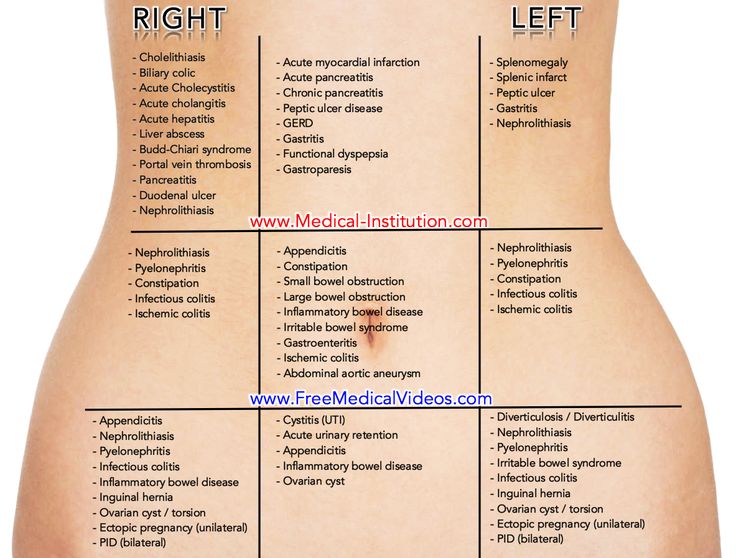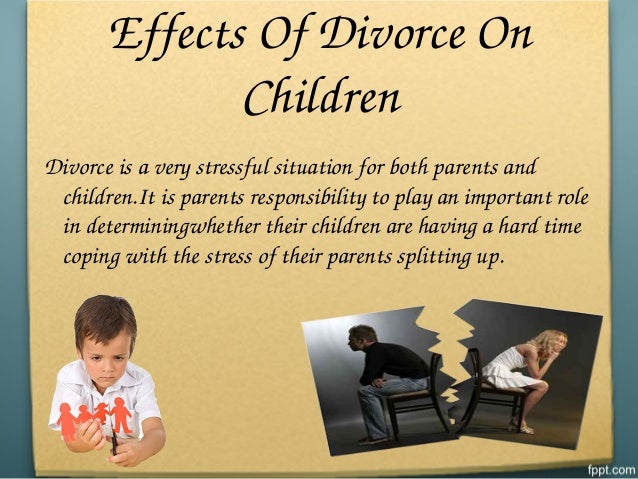Miscarriage pain area
Miscarriage Pain: Causes, Symptoms, and Treatment
According to the American College of Obstetricians and Gynecologists (ACOG), miscarriage happens in at least 10 percent of clinically identified pregnancies. (Meaning, you actually knew you were pregnant; some miscarriages happen before you even miss your period.)
When miscarriage happens after you’ve already gotten a positive pregnancy test, it can be a physically and emotionally painful process.
We can’t make miscarriage any easier, but we can help you understand what’s happening. For instance, although abdominal pain is one of the most frequent symptoms of a miscarriage, it’s not the only type of pain or discomfort you might feel.
Here’s a breakdown of seven types of pain you might have during a miscarriage and what you can do to relieve your symptoms.
Cramping with a miscarriage is usually caused by your uterus contracting. Just like during your period, your uterus contracts to push contents out. Since your uterus is mostly a muscle, these contractions feel like muscle cramps (in other words, they hurt).
You’ll usually feel these cramps on both sides of your lower abdomen or pelvic region. The cramps may come and go in waves or your pain may feel more constant. Unless your doctor has told you not to, you can treat your pain with over-the-counter (OTC) pain relievers like Motrin or Tylenol. You can also use a heating pad to ease cramping.
During a normal menstrual cycle, your uterus builds up lining to prepare for a pregnancy. When the pregnancy can’t continue, the lining needs to be shed.
Because your body has been preparing for pregnancy, there will be more lining and tissue, so your bleeding will be heavier than a period. The further along you are in the pregnancy, the heavier it will be.
To absorb the bleeding, you’ll need to wear a pad. ACOG doesn’t recommend using tampons during a miscarriage. And because the bleeding may last longer and be heavier than a typical period, you may notice some discomfort from moisture accumulation.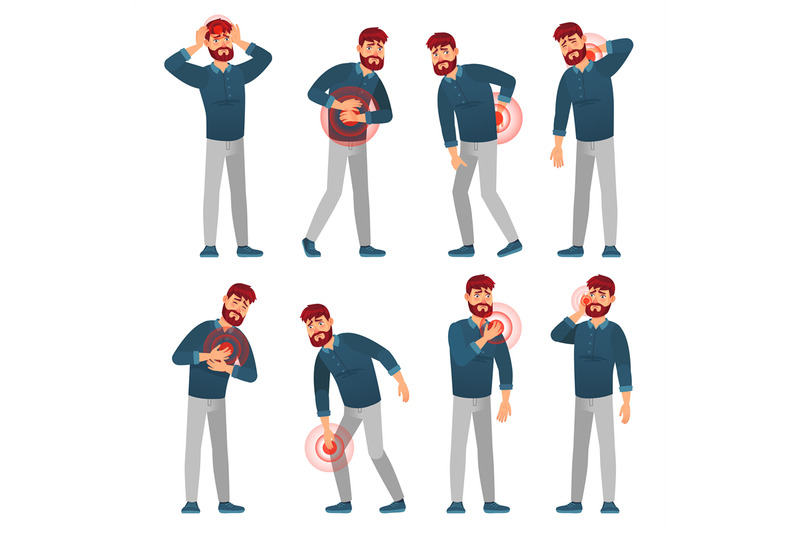
Blood loss with a miscarriage
You can lose a significant amount of blood with a miscarriage. Stay in touch with your doctor during the process and call if you experience dizziness or excessive blood loss (e.g., soaking more than two maxi pads per hour for more than 2 hours in a row).
To combat any discomfort, change your pad frequently and clean the area gently with water, avoiding soap.
The change in the vaginal environment from bleeding may also cause a yeast or bacteria overgrowth that could lead to vaginal odor. If you notice any signs of a yeast infection such as itching, or if the discharge becomes very foul smelling, call a doctor.
Gastrointestinal symptoms such as nausea, vomiting, and diarrhea can be caused by hormone changes, as well as side effects from any medication you take to manage the miscarriage. Diarrhea can also be caused by the relaxing of the smooth muscle, just like you experience with a period.
To combat nausea symptoms, drink plenty of water and try to eat small meals consisting of bland, gentle-on-the-stomach foods.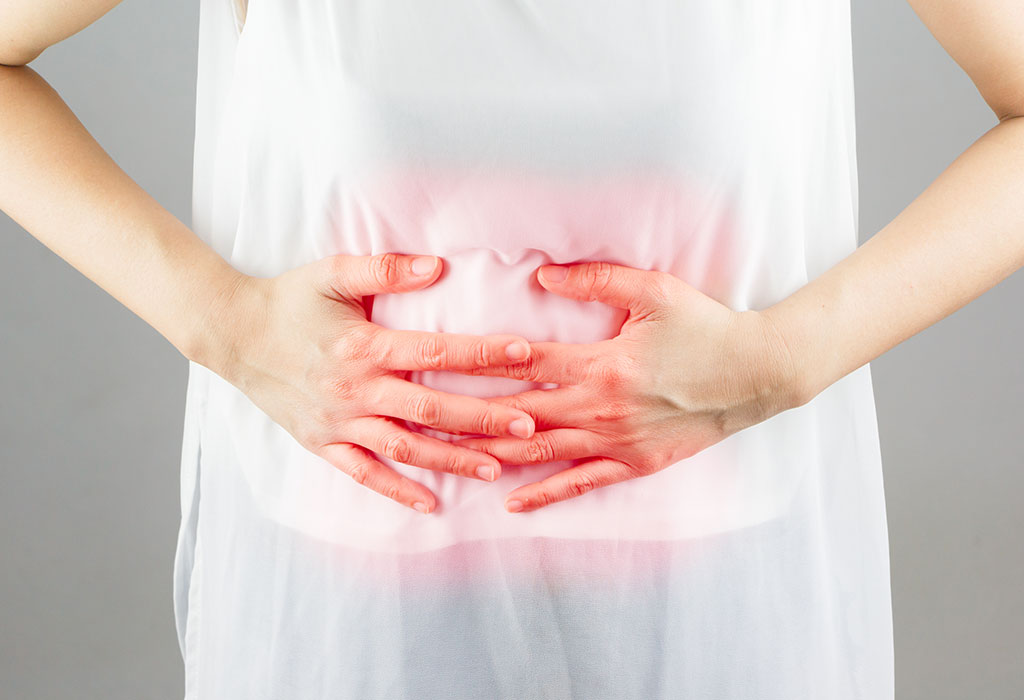 These can include:
These can include:
- rice
- bananas
- oatmeal
- scrambled eggs
- plain grilled chicken
If your symptoms are making it hard for you to keep food down or stay hydrated, ask your doctor about taking an antinausea or antidiarrheal medication.
Similar to how your period cramps can lead to back pain, the uterine contractions during a miscarriage can cause back pain. This is usually felt in the lower back and the pain can be mild, moderate, or severe.
You can treat it just like you would your cramps — with pain relievers and heating pads — but if it’s really uncomfortable, don’t hesitate to ask your doctor what else you can do.
Shoulder pain is a symptom of ectopic pregnancy and it’s a serious medical emergency. If you have severe, one-sided pain, dizziness or fever, or pain affecting your rectum, pelvis, shoulder, or neck, call your doctor or get urgent medical care right away.
Ectopic pregnancy may not cause bleeding, so it can be a harder type of pregnancy to identify.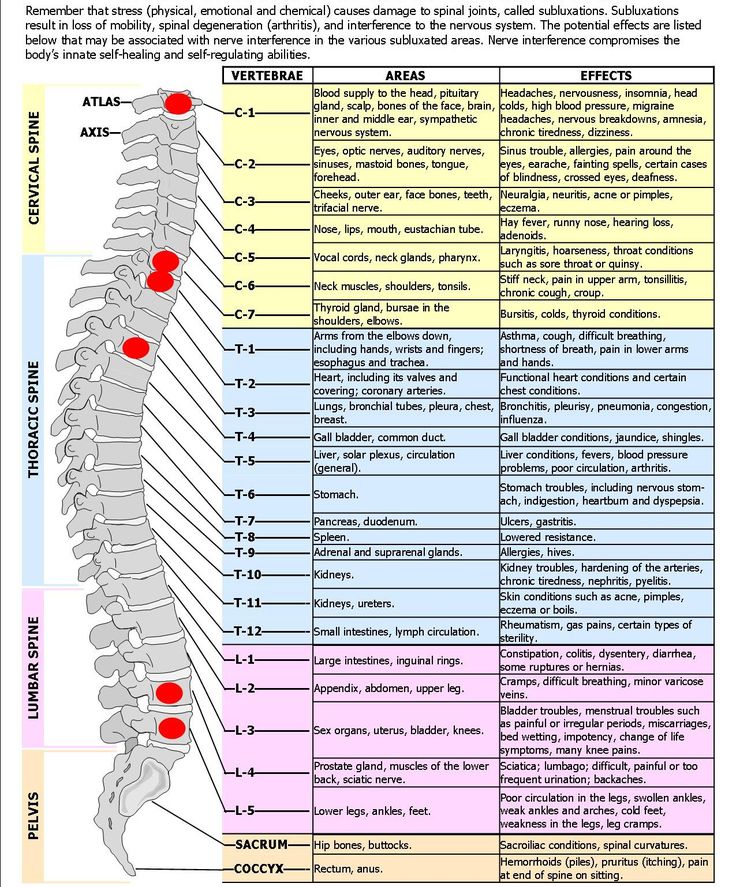
It’s normal to feel tired and weak with a miscarriage. You may also have a headache. If you experience excessive dizziness or feel like you may faint, tell your doctor or call your local urgent care center.
It’s also important to rest and drink plenty of water to manage these symptoms. Try to sleep, stay hydrated, and eat nutrient-dense foods.
No matter how far along in your pregnancy you are when you miscarry, you’re allowed to feel grief. Miscarriage emotions can be complicated and messy. You may feel both sad and relieved that it’s over, or you may feel intense and sometimes overwhelming grief.
No matter your situation, you might feel disappointed, hopeless, or scared to conceive again. You might experience anxiety, mood swings and irritability, and even depression.
Talking about your loss can help. Try turning to trusted friends and family members, social media groups, or a mental health professional. Miscarriage can also lead to clinical depression, similar to postpartum depression — so be sure to seek medical attention if you experience any symptoms.:max_bytes(150000):strip_icc()/hemorrhage-in-miscarriage-meaning-2371523-FINAL-f2ab04cab1cc491e964a45e682f93da5.png)
The severity of your miscarriage symptoms will depend on how far along you are in your pregnancy and what type of miscarriage you have. Still, a miscarriage at any stage can be difficult because all bodies respond differently.
You may choose expectant management to let your body pass the tissue on its own, you might use medication that can speed up the process, or you may choose a surgical procedure called a dilation and curettage (D&C) to remove the contents of the uterus.
The bleeding that occurs with miscarriage can be different for everyone, too. In general, you can expect menstrual-like bleeding for about a week. After that, spotting can continue for several weeks — sometimes even until your next period. And when is that? Again, it varies: Your menstrual cycle can restart anywhere between 4 to 8 weeks after the miscarriage.
When to seek medical help
If you suspect you’re having a miscarriage, you should always consult with your doctor. Your provider will also stay in touch with you throughout the recovery process.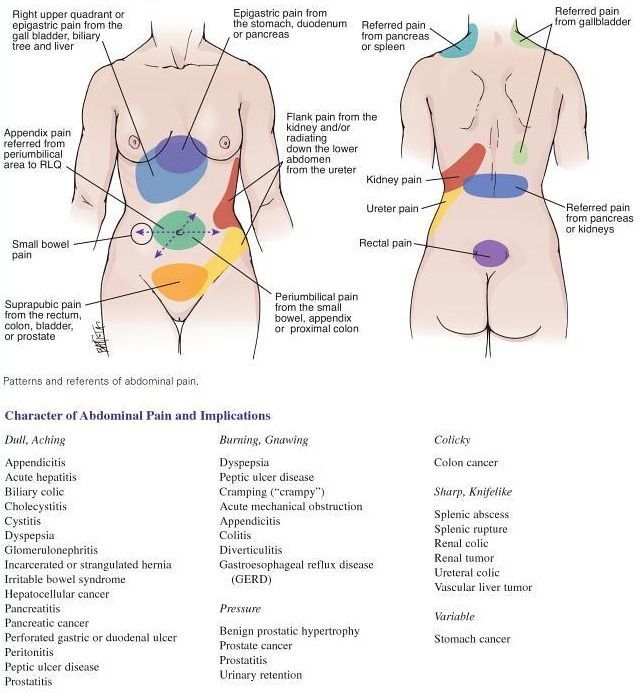
Depending on the timing of your miscarriage and how it’s managed, it may be 2 or 3 weeks before you’re feeling like yourself again physically. In some cases, your doctor may order an ultrasound to confirm that your uterus is clear of retained tissue.
For some people, the emotional pain of a miscarriage can last much longer. It’s important to remember that the stage of your pregnancy when you miscarried doesn’t matter: You experienced a loss, and loss naturally comes with feelings of grief.
Sometimes that grief can get too big for you to handle on your own. As with postpartum depression after a birth, symptoms of depression can develop after a miscarriage. In fact, according to a 2015 journal article, nearly 20 percent of women report symptoms of depression and/or anxiety after miscarriage.
If you think you might be depressed or are simply struggling to manage your emotional recovery after miscarriage, don’t be afraid or ashamed to reach out for support. A licensed mental health professional can help you process your loss and begin to heal.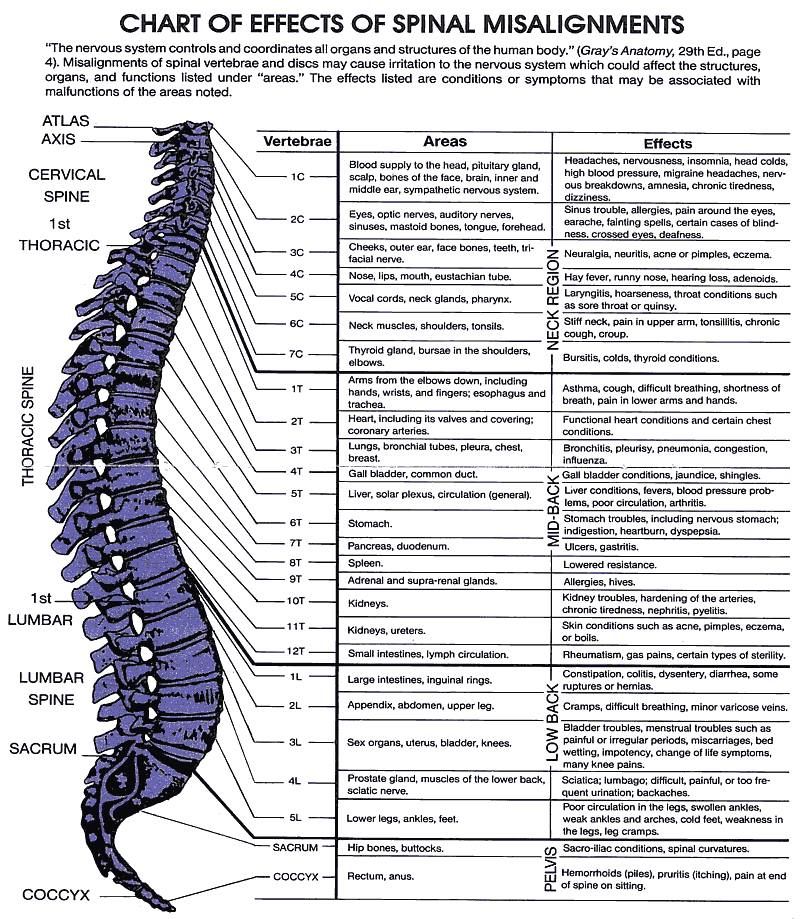
You can also look for a miscarriage support group to connect with other people who have shared your experience. You can search or contact any of the following resources for local and online miscarriage support groups:
- Hope After Loss
- Share Pregnancy and Infant Loss Support
- Empty Cradle
- First Candle
- Empty Arms Bereavement Support
- The Compassionate Friends
- The Miscarriage Association (UK)
Miscarriage can be a difficult experience on your body, mind, and heart. You can help ease physical symptoms with rest, fluids, OTC pain relievers — and stay in touch with your doctor if you have any complications.
It’s also important to address the emotional pain of a miscarriage. Talking to a mental health professional or finding support from a local or online pregnancy loss group can help you take steps toward healing.
Miscarriage Signs & Symptoms | How to Recognize Miscarriage
In This Section
- What is a Miscarriage?
- How do I know if I'm having a miscarriage?
The most common signs of a miscarriage are bleeding and cramping.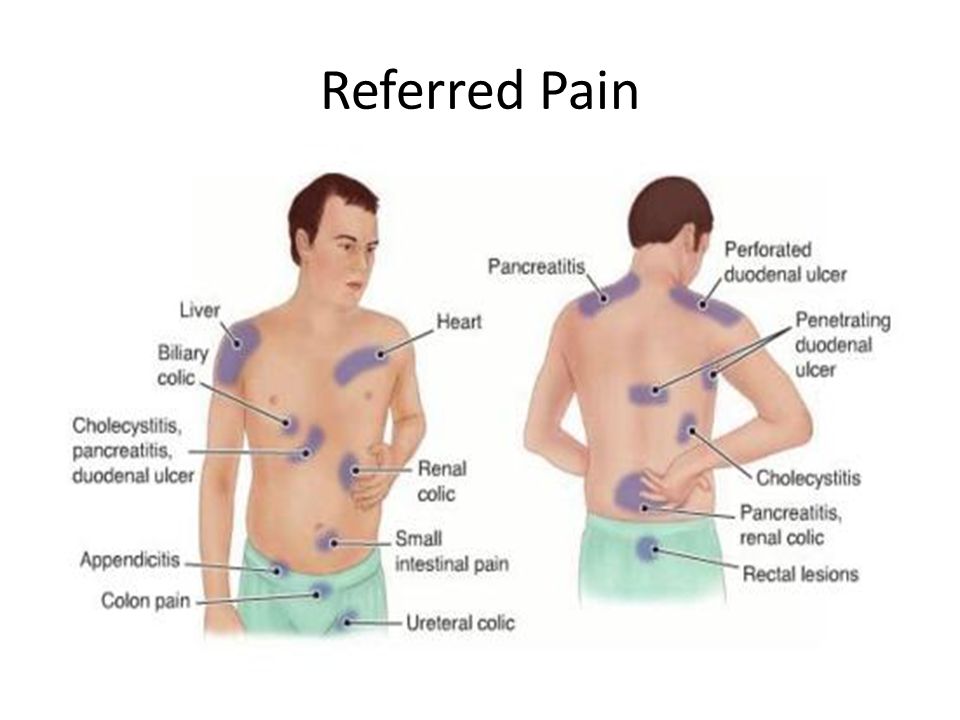 Call your doctor if you think you’re having a miscarriage.
Call your doctor if you think you’re having a miscarriage.
What are the signs of miscarriage?
Sometimes, there are no miscarriage symptoms and you don’t find out until an ultrasound, or you don’t feel pregnant anymore. Usually there are signs and symptoms. They include:
Other things that are less serious than miscarriage can also cause these symptoms. But if you think you might be having a miscarriage, see your doctor right away just to be safe.
What happens during a miscarriage?
Miscarriages are different for every person, but there are some common symptoms.
Not all miscarriages are physically painful, but most people have cramping. The cramps are really strong for some people, and light for others (like a period or less). It’s also common to have vaginal bleeding and to pass large blood clots up to the size of a lemon. Heavy miscarriage bleeding can be scary or surprising, but it’s usually normal.
The bleeding and cramping can end quickly, or it may last for several hours. Your doctor can give you medicine and tips on how to manage pain and cramps during your miscarriage.
Your doctor can give you medicine and tips on how to manage pain and cramps during your miscarriage.
No matter how fast it happens or whether or not it hurts, miscarriage can be upsetting. Keep in touch with your doctor about what’s going on and how you’re feeling. Your doctor can let you know what is and isn’t normal, and give you resources for emotional support if you need it.
What can I expect to feel after having a miscarriage?
There’s no one way that all people feel after having a miscarriage. You may feel a mix of emotions, including disappointment, despair, shock, guilt, grief, and relief — sometimes all at the same time. All of these feelings are really normal, and usually fade as time passes.
Take care of yourself physically and emotionally, and give yourself permission to grieve your loss if you need to. Grief and sadness are very normal responses to miscarriage. Try to surround yourself with supportive and loving people who will let you grieve and comfort you. If you have a partner, they may be grieving the loss and dealing with a range of emotions, too. Talking about your feelings and supporting each other can help you both cope.
If you have a partner, they may be grieving the loss and dealing with a range of emotions, too. Talking about your feelings and supporting each other can help you both cope.
The amount of time it takes to emotionally heal after a miscarriage is different for everyone. Give yourself as much time as you need to grieve. Most people feel better when they have someone supportive to talk to. Even if you don’t think there’s anybody in your life you can lean on, know that you’re not alone. Your nurse or doctor can talk with you, or help you find a counselor or support group in your area. There are also many online support groups, where you can connect with others who are going through the same thing as you. All-Options has a free hotline that gives you a private space to talk about your feelings after a pregnancy loss.
If you want to get pregnant again, your doctor or local Planned Parenthood health center can give you advice on planning your next pregnancy and help you figure out when it’s best to start trying again. They can also give you tips on preventing pregnancy and help you get birth control if you don’t want to get pregnant right now.
They can also give you tips on preventing pregnancy and help you get birth control if you don’t want to get pregnant right now.
What if I’ve had more than 1 miscarriage?
If you’ve had 2 or more miscarriages in a row, your doctor might want to do some tests to help figure out if something specific is causing problems with your pregnancies. The tests will check for any hormonal imbalances, genetic disorders, or other problems. Some conditions can be treated to help you have a healthy pregnancy in the future.
More questions from patients:
What does a miscarriage look like?
Miscarriages look different for everyone, but there are some common symptoms. They include:
-
vaginal bleeding or spotting
-
severe belly pain
-
severe cramping
-
dull, lower-back ache, pressure, or pain
-
a change in vaginal discharge
Other things that are less serious than miscarriage can also cause these symptoms. But if you think you’re having a miscarriage, visit your doctor, your local Planned Parenthood health center, or a hospital right away to be safe.
But if you think you’re having a miscarriage, visit your doctor, your local Planned Parenthood health center, or a hospital right away to be safe.
If it’s a miscarriage, your symptoms may end quickly or last for several hours. The cramps are really strong for some people, and really light for others. The bleeding can be heavy, and you can pass large blood clots up to the size of a lemon.
Sometimes, there are no signs of a miscarriage and you don’t find out until you have an ultrasound, or you don’t feel pregnant anymore.
No matter how fast it happens or whether or not it hurts, going through a miscarriage can be really hard. Keep in touch with your doctor about what’s going on and how you’re feeling. Your doctor can let you know what is and isn’t normal, and give you resources for emotional support if you need it.
Was this page helpful?- Yes
- No
Help us improve - how could this information be more helpful?
How did this information help you?
Please answer below.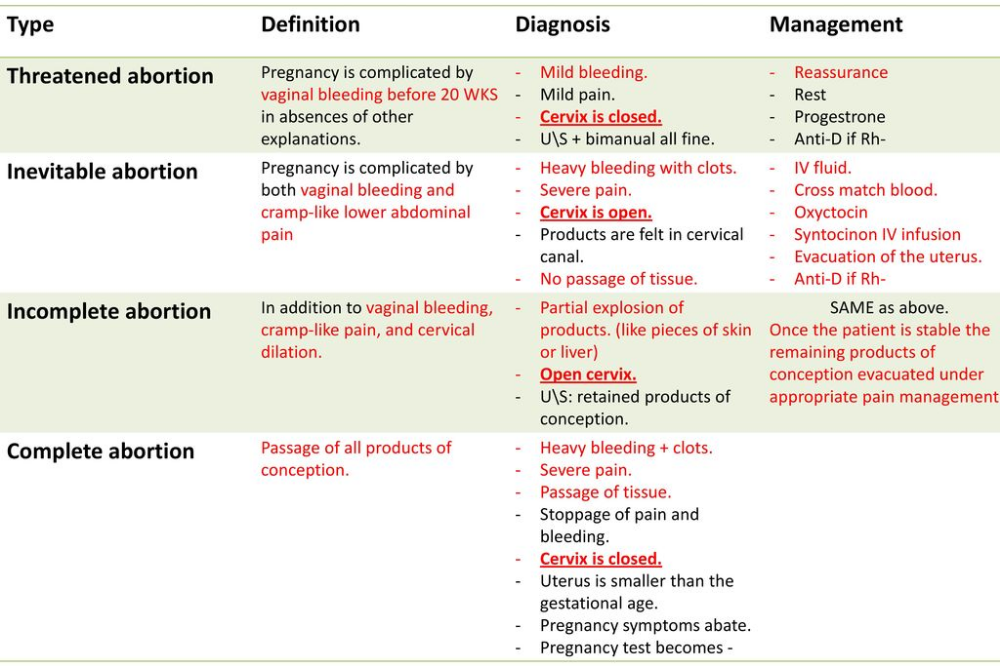
Are you human? (Sorry, we have to ask!)
Please don't check this box if you are a human.
You’re the best! Thanks for your feedback.
Thanks for your feedback.
We couldn't access your location, please search for a location.
Zip, City, or State
Please enter a valid 5-digit zip code or city or state.
Please fill out this field.
Service All Services Abortion Abortion Referrals Birth Control COVID-19 Vaccine HIV Services Men's Health Care Mental Health Morning-After Pill (Emergency Contraception) Pregnancy Testing & Services Primary Care STD Testing, Treatment & Vaccines Transgender Hormone Therapy Women's Health Care
Filter By All Telehealth In-person
Please enter your age and the first day of your last period for more accurate abortion options.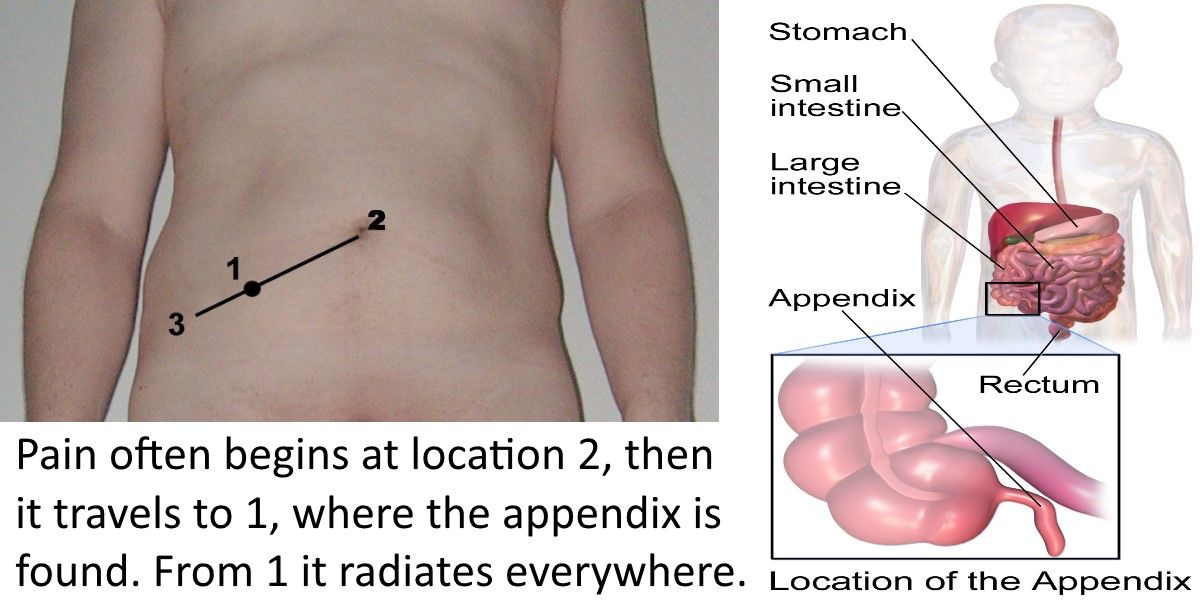 Your information is private and anonymous.
Your information is private and anonymous.
I'm not sure This field is required.
AGE This field is required.
Or call 1-800-230-7526
Miscarriage, symptoms - Health Clinic 365 Yekaterinburg
Causes of miscarriage
Questions to the doctor about miscarriage
Diagnosis of miscarriage
Treatment and prevention of miscarriage
According to statistics, 10 to 20% of all pregnancies end in miscarriage. However, the real numbers could be much higher, as a large number of miscarriages happen very early, and women are not even aware of their pregnancy. Most miscarriages happen due to abnormal development of the fetus.
Miscarriage is quite common, but this fact does not make things any easier. It is always difficult to cope with the realization that there was a pregnancy, but no child. Try to deal with the situation psychologically and understand what could be causing the miscarriage, what increases the risk of it, and what type of treatment might be needed.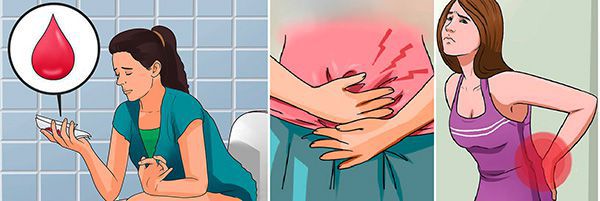
Miscarriage symptoms .
Most miscarriages occur before 12 weeks. Signs and symptoms of a miscarriage include:
- Vaginal bleeding or spotting (although quite common in early pregnancy)
- Pain or cramps in the abdomen or lower back
- Fluid vaginal discharge or tissue fragments
It is important to consider the fact that in early pregnancy, spotting or vaginal bleeding is quite common. In most cases, women who experience light bleeding during the first three months have an uneventful pregnancy thereafter. In some cases, even with heavy bleeding, the pregnancy does not end in a miscarriage.
Some women who have a miscarriage develop an infection in the uterus. This infection, also called septic miscarriage, can cause:
- Fever (feeling hot, chills)
- Body pains
- Thick, foul-smelling vaginal discharge
When to see a doctor.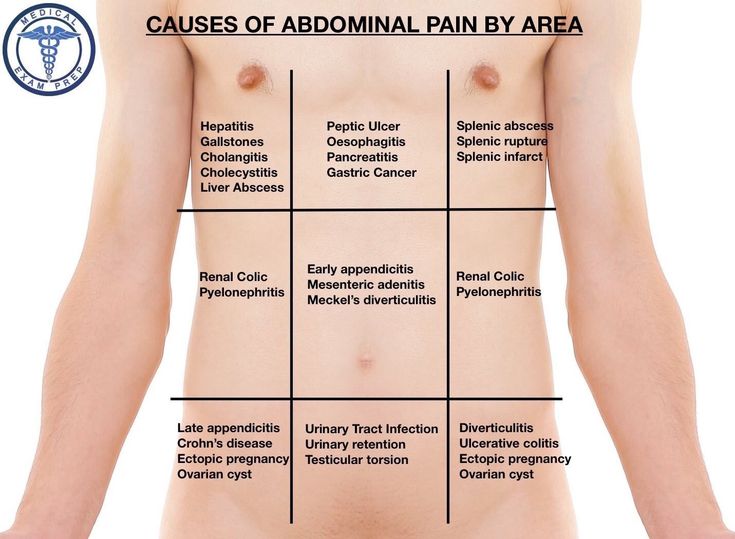
Call your doctor if:
- Bleeding, even if only light spotting occurs
- Profuse, liquid vaginal discharge without pain or bleeding
- Isolation of tissue fragments from the vagina
You can put a piece of tissue to be isolated in a clean container and take it to your doctor for examination. It is unlikely that the study will give any accurate results, but if it is determined that the fragments of the excreted tissue are from the placenta, the doctor will be able to conclude that the symptoms that appear are not associated with the presence of a tubal (ectopic) pregnancy.
You can get more detailed information about miscarriage from the gynecologists of the Health 365 clinic in Yekaterinburg.
Prices
Gynecologist, initial appointment
2300 i
Early miscarriage help
- home /
- Blog /
- How to avoid an early miscarriage
In a miscarriage, the fetus is shed from the endometrium, the inner lining of the uterus.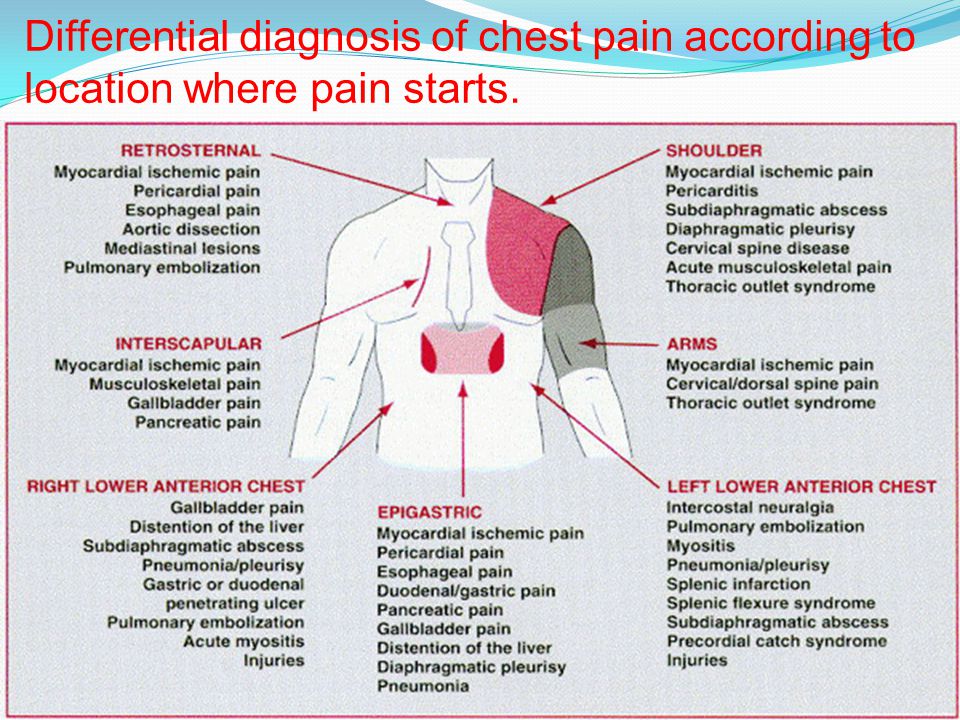 According to experts, two out of 10 clinically established pregnancies end in spontaneous abortion. It is necessary to understand in more detail the causes, symptoms and methods of dealing with miscarriage.
According to experts, two out of 10 clinically established pregnancies end in spontaneous abortion. It is necessary to understand in more detail the causes, symptoms and methods of dealing with miscarriage.
How an early miscarriage occurs
There are three steps in this process. First, the fetus dies, after which it detaches from the endometrial layer. This is manifested by the fact that bleeding begins.
At the third stage, everything that has exfoliated is removed from the uterine cavity. The process may be complete or incomplete. In the early stages - five to six weeks - the process resembles ordinary menstruation. They are characterized by painful and much more unpleasant sensations. You can find out that it was just an early miscarriage by taking tests for the ratio of hCG in the blood.
Symptoms of a miscarriage
Signs of miscarriage are abdominal cramps, cramps or bloody discharge. However, they do not always appear. It is necessary to note the most typical manifestations of the presented state and their main characteristics.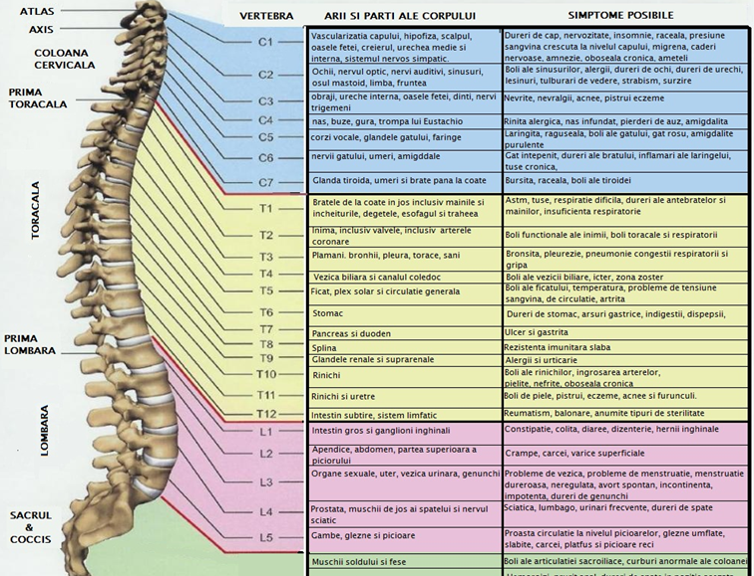
Temperature
For a short period of time, hyperthermia may well not be observed. Fever is not the most common of the symptoms. In some cases, the thermometer readings really rise to 38 degrees or more.
At the same time, when hyperthermia is accompanied by a number of additional symptoms, a septic miscarriage is likely. These are its symptoms:
- severe pain in the abdomen and in the depths of the vagina;
- increase in the tone of the uterus, which is felt by shocks inside;
- pungent, pungent and unpleasant odour.
All this indicates that the infection has joined. In such a case, emergency hospitalization is strongly recommended to stop the development of the process. It is better not to engage in self-medication or the use of folk recipes.
Discharge
Early miscarriage can indeed be accompanied by discharge. They may be habitual, as during menstruation. Also, the discharge may be smearing, insignificant.
Brown, scanty secretion, much less likely to end in spontaneous abortion. Most often, this is indicated by abundant and bright red discharge. It is blood that normally appears when the fetus is rejected from the inner layer of the uterus.
Pain
The severity of unpleasant and specific sensations may differ from each other depending on the duration of pregnancy. Probably the accession of pain, similar to menstruation. Most often, a similar symptom indicates an early miscarriage - no more than six weeks.
Probably cramping pains in the abdomen, which pull in the back. Their strength can vary from subtle to much more pronounced. In the rarest cases, when the clinical picture is complicated by a long course, this leads to a state of shock.
Another typical manifestation of pain is discomfort in the back or abdomen. Only then are the discharges identified. A similar situation is most typical for spontaneous abortion at the seventh or eighth week of pregnancy.
Causes of miscarriage
The first factor is genetic abnormalities in the development of the fetus. It is they who most often lead to miscarriage in the early stages. Violations can be expressed in qualitative or quantitative failures in chromosomes. In this regard, the female body recognizes the defect, and therefore does not allow such a fetus to develop further. Most often, such rejection is noted in the third week of pregnancy.
The next reason that an early miscarriage has developed may be disturbances in the work of the endocrine gland. Hormones determine not only the success and regularity of the cycle, but also how well the fetus is attached to the mucous surface of the uterus. If, due to a malfunction of the thyroid gland, the endometrium is not able to provide the fetus with all the necessary components, the pregnancy will not go well. Most often, a miscarriage occurs at the beginning or at the end of the fourth week.
Other reasons why pregnancy is terminated:
- Rhesus conflict.
 If the parents have different Rh factors, then the risk that a miscarriage will occur after the first weeks of pregnancy increases significantly. This happens if a woman has a negative Rh, and the child has a positive, inherited from the father. In such a situation, the female body recognizes the fetus as a foreign object. Therefore, it is excreted from the uterus. Timely diagnosis allows you to save the child through full-fledged drug therapy.
If the parents have different Rh factors, then the risk that a miscarriage will occur after the first weeks of pregnancy increases significantly. This happens if a woman has a negative Rh, and the child has a positive, inherited from the father. In such a situation, the female body recognizes the fetus as a foreign object. Therefore, it is excreted from the uterus. Timely diagnosis allows you to save the child through full-fledged drug therapy. - Sexually transmitted diseases, other infections. Similar problematic conditions also lead to spontaneous abortion. In this case, the embryo is infected at a very early stage. That is why the body will perceive it as a foreign object. In this regard, a miscarriage will occur already in the fifth week.
- Previous abortions. Another common reason why a miscarriage occurred. Abortion is a huge stress for the reproductive system, which leads to thinning of the lining of the uterus. That is why the risk of miscarriage may be greater.
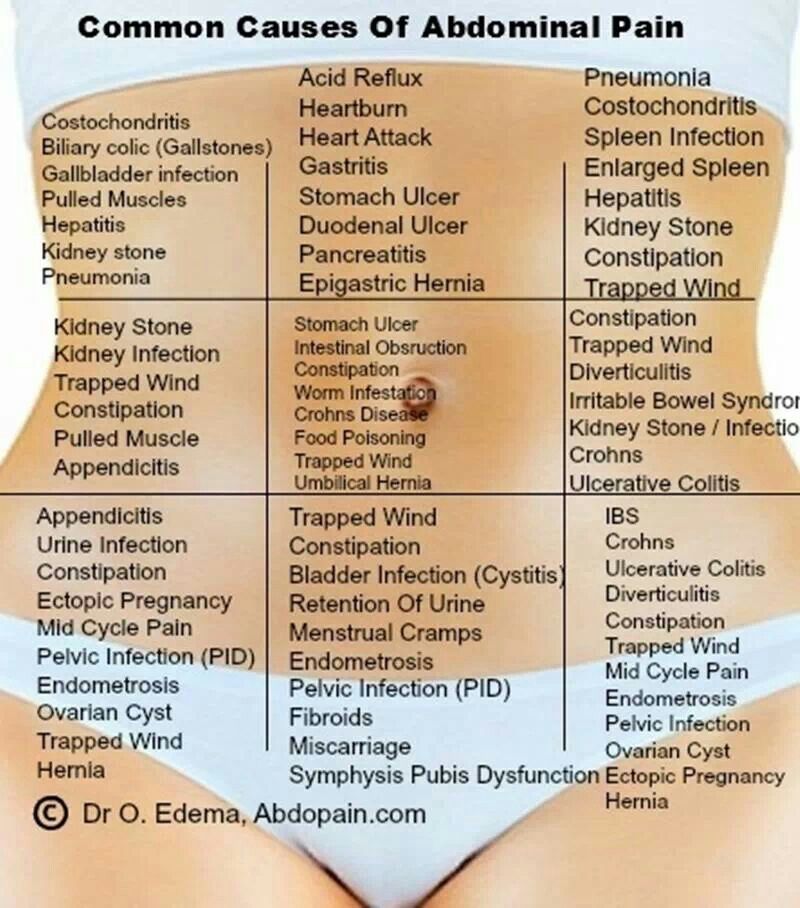
Abdominal injuries should not be excluded from the injury list. Sharp pressure on the peritoneum, including when lifting weights, can provoke an abortion. Also on the list are severe stress, anxiety and depression. Anything that violates the normal state of a woman can lead to serious consequences.
How to avoid miscarriage
The main goal of treatment is to relieve tension in the uterus. It will be equally important to stop the bleeding and prolong the pregnancy, but only on the condition that the fetus is viable. The sooner medical assistance is provided, the higher the likelihood of preserving the fetus, without the need to determine the expected timing of miscarriages.
Our specialists will help you with this. Only we have the most qualified and experienced doctors who know exactly how to treat even the most difficult cases. They will conduct a full diagnosis and prescribe the most effective, effective medicines.
Drug treatment
Hormonal drugs are used.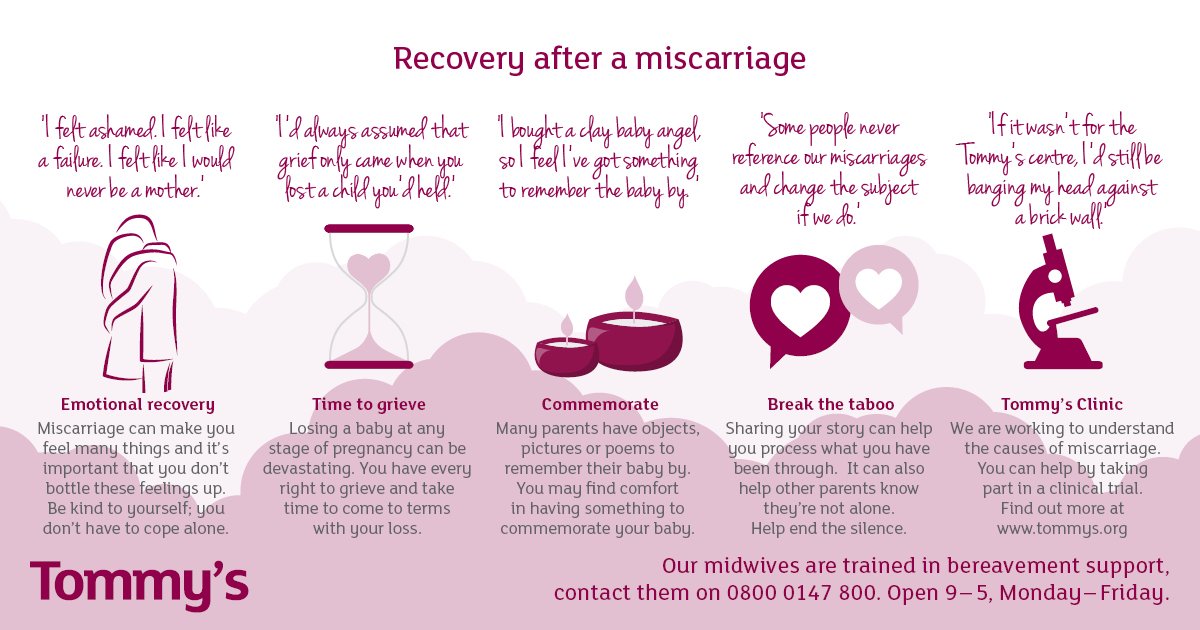 They at an early stage determine the normal course of pregnancy. Medicines based on the hormone progesterone are effective.
They at an early stage determine the normal course of pregnancy. Medicines based on the hormone progesterone are effective.
- The use of hemostatic drugs. In the case of pregnant women, droppers are used with drugs such as Dicinon or Tranexam. They are needed to stop bleeding.
- Antispasmodics. Experts recommend injections of Drotaverin, followed by a switch to painkillers such as No-shpa. Papaverine suppositories, droppers with the addition of magnesia are also used. All of them are necessary in order to remove a number of signs of a pathological condition, namely, an increased tone of the uterus and pronounced pain.
- Use of Tocopherol. Vitamin E is an indispensable component for women, including pregnant women. It ensures the normal and full functioning of the ovaries. Tocopherol also strengthens the vascular walls, eliminates the formation of blood clots.
- Sedative preparations. Use motherwort or valerian tincture. The presented measure is recommended for increased irritability or nervousness of a pregnant woman.
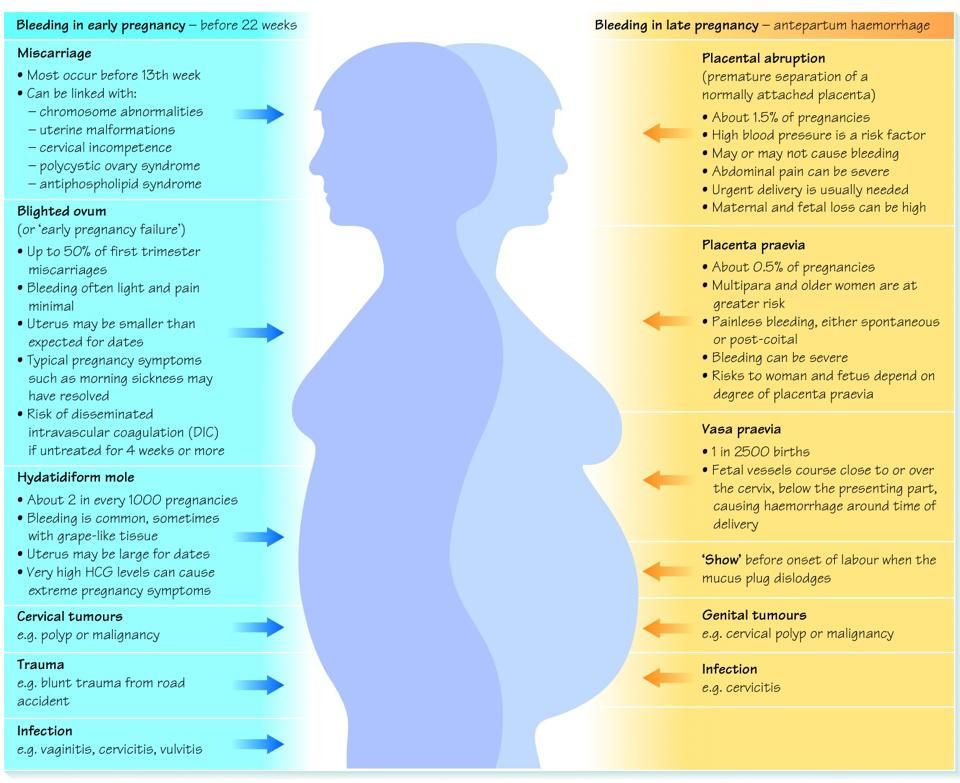
To prevent early miscarriage, the specialists of our clinic recommend glucocorticosteroids. Apply Dexamethasone or Metipred. They are prescribed to patients with diagnosed immune disorders that can lead to early termination of pregnancy.
Optionally, a special relief ring can be installed. The presented procedure is carried out in the second trimester, or rather after the 20th week of gestation.
Remove such device not earlier than 38 weeks. It is necessary for a woman to maintain the correct position of the uterus. Also, the unloading ring helps to prevent premature birth.
Additional measures
To prevent early miscarriage, it is recommended to stop physical activity. Especially when it comes to jumping, lifting weights. Rest, lack of sudden physical activity and bed rest will help maintain pregnancy.
Another preventive measure will be the exclusion of sudden movements. At any stage of pregnancy, they can provoke detachment of the embryo or lead to serious complications in its development.